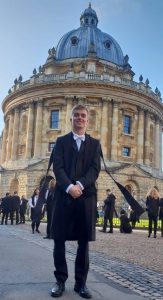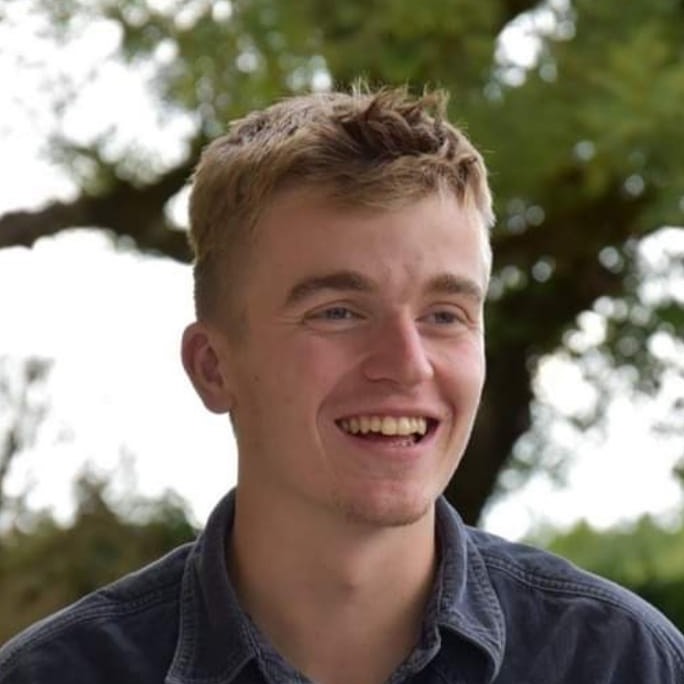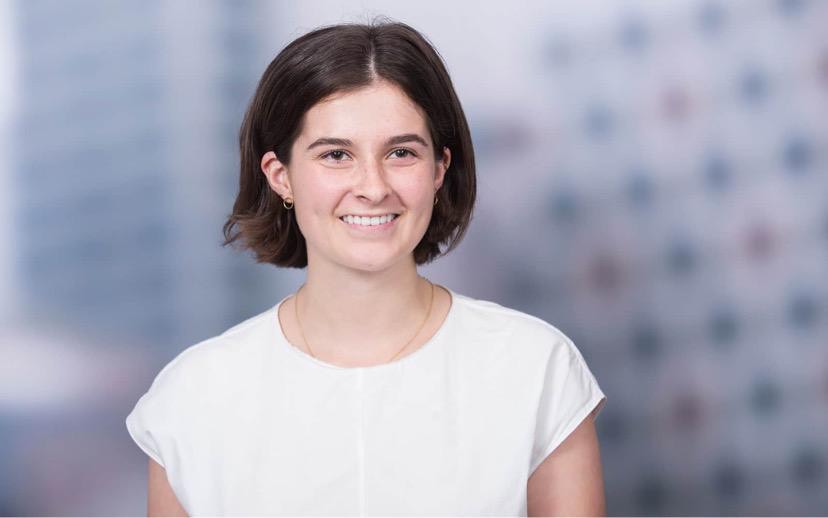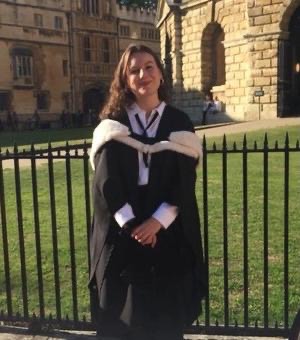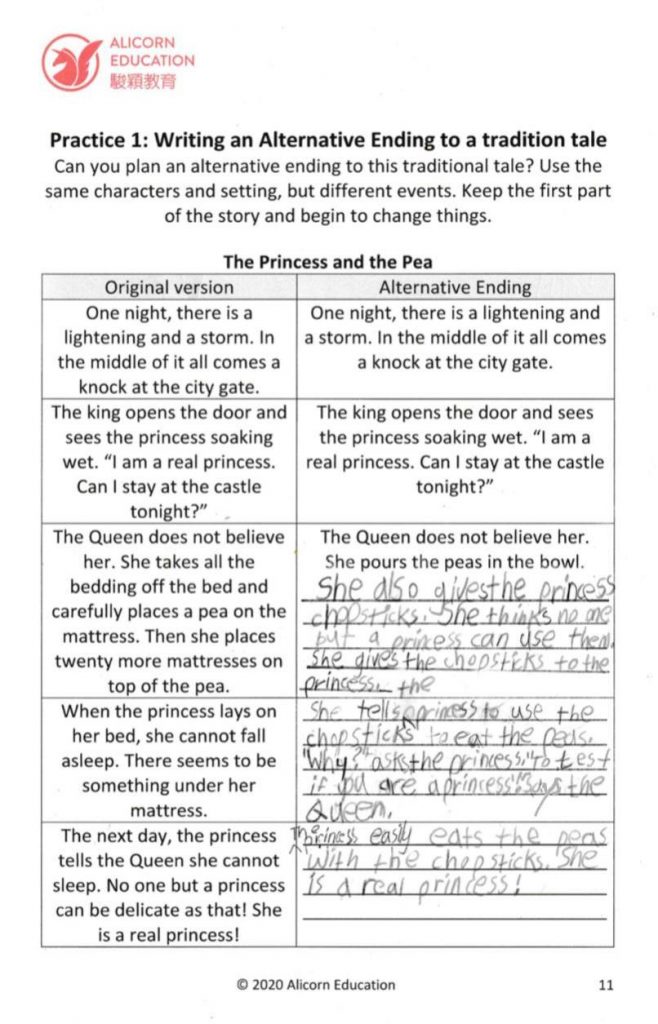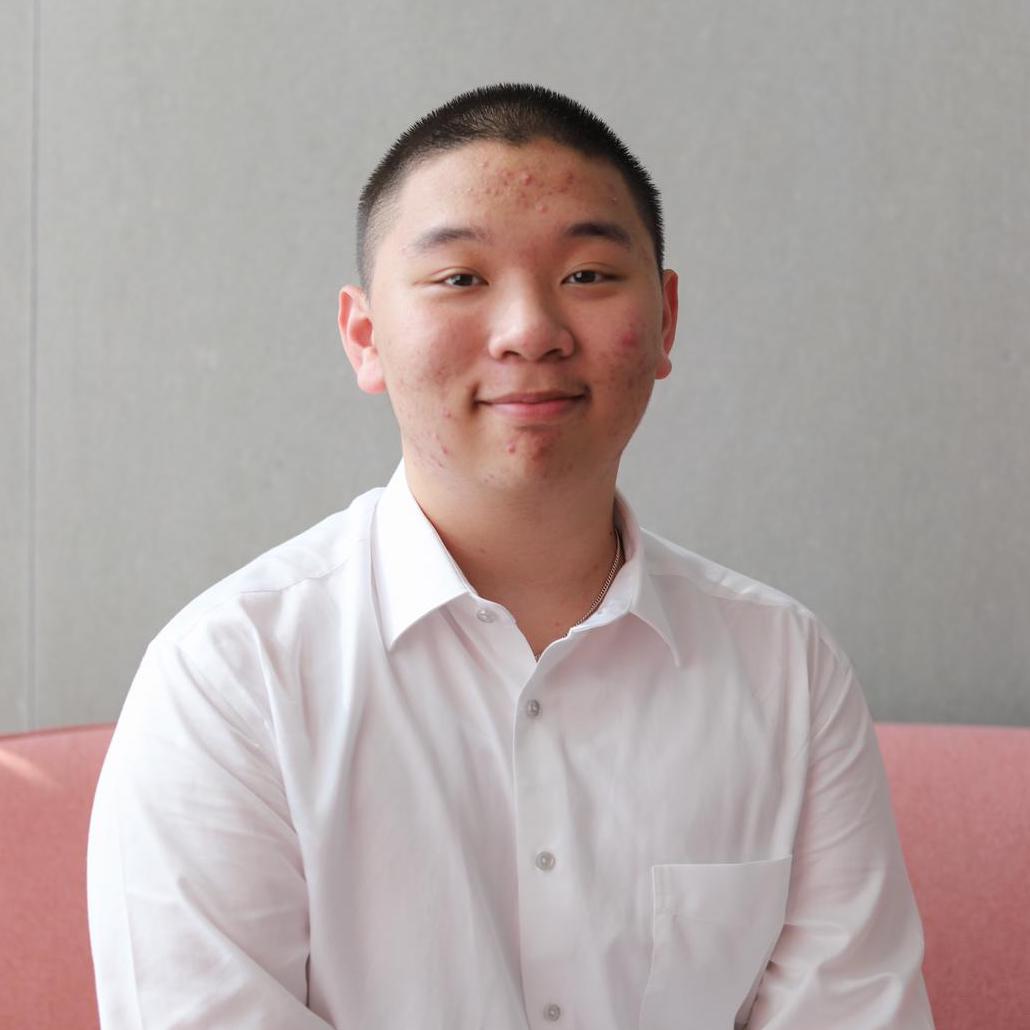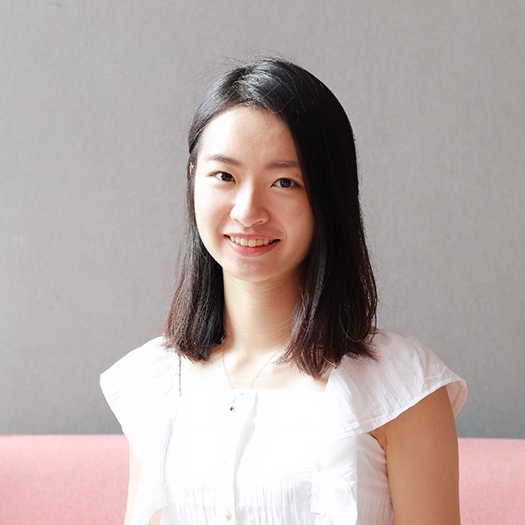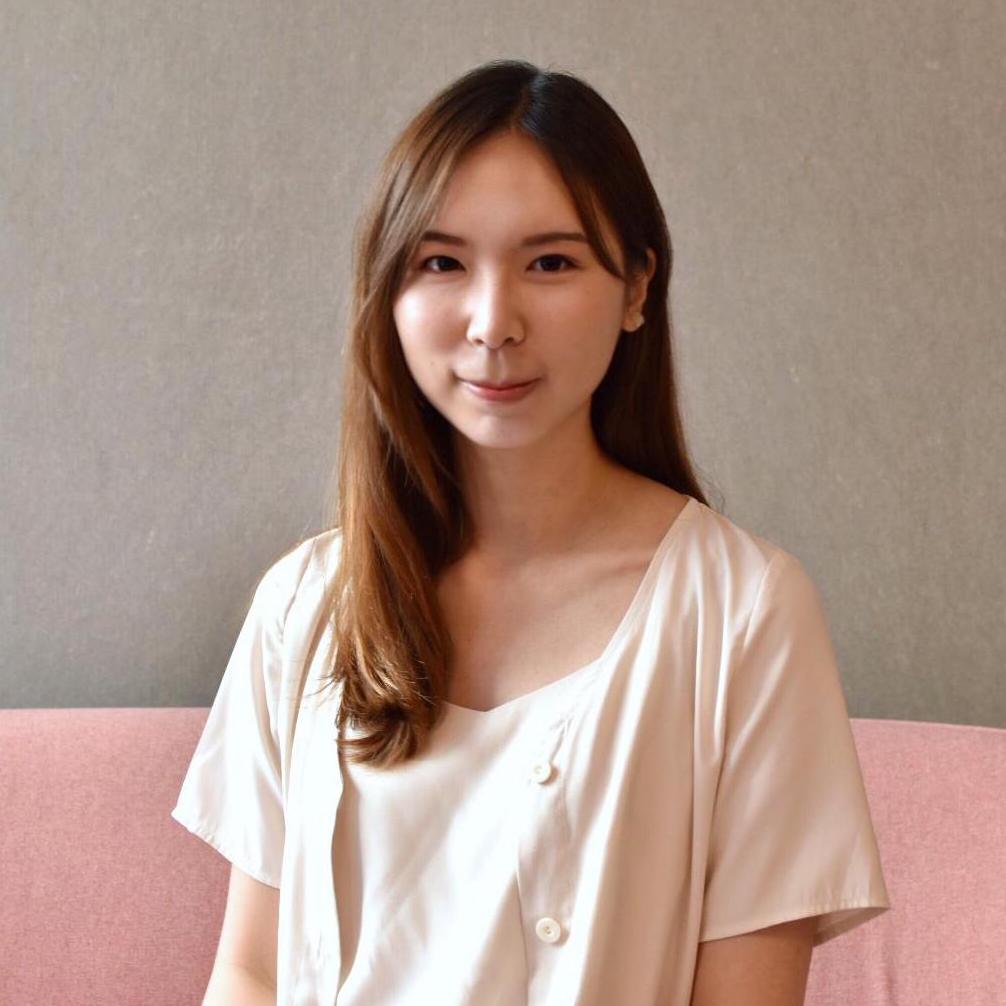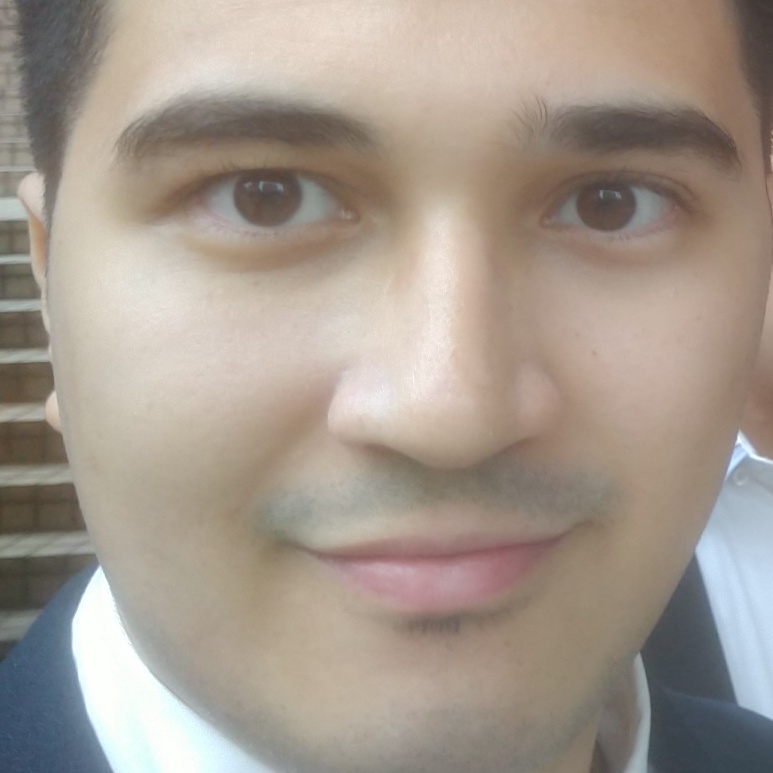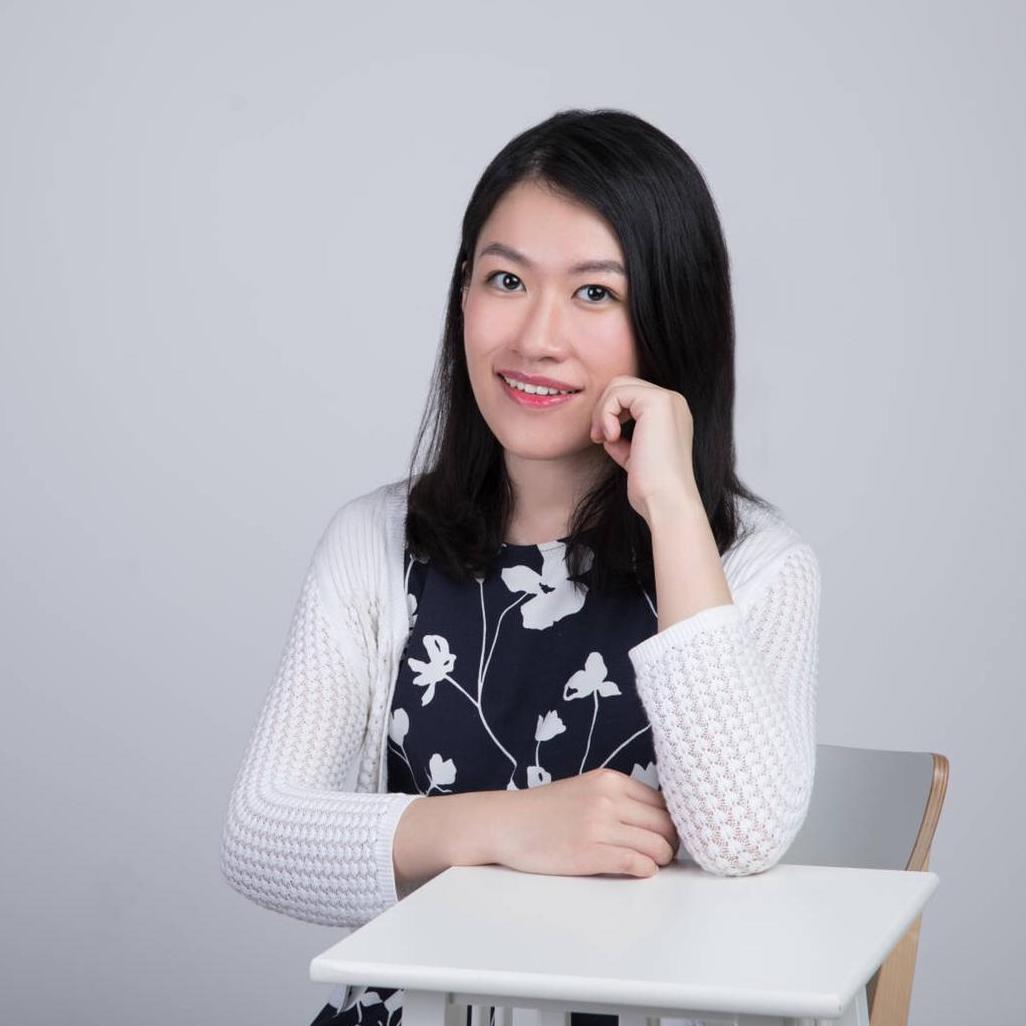I’m writing this blog post at my desk in North London, on the eve of my first week as a PhD student. Reflecting on my academic life, from GCSEs to my undergraduate degree, has made me think a lot about teaching, what it means to be a good teacher, and how I can use my experience to help those just starting out on their academic journey.
Tomorrow I will be starting my PhD in physics at Imperial College London, an idea that seven years ago, as I sat struggling my way through my GCSE maths homework, would have seemed like a fantasy. Looking back now, I truly believe that every student has the ability to succeed in any discipline they choose, and that the only barrier to success is a lack of confidence.
I knew from a young age that I wanted to study physics. I had a very analytical mind and a raw curiosity about the inner workings of the physical world. However, there was one small issue – I really struggled with maths. I knew that if I wanted to pursue physics into higher education I needed to improve my maths. I was lucky, my father is a very talented mathematician and he would sit with me for hours after school going over problem after problem. We soon realised together, as tutor and tutee, that it wasn’t that I didn’t have the ability to solve the problems, rather that I didn’t believe in my ability. I would sit in front of a question and admit defeat before I’d even attempted to solve it.
Eventually I managed to conquer, what I can only describe as, my fear of maths. I achieved great GCSE results and my success carried on through A-Levels, until before I knew it I was enrolling in a Master’s degree in physics at University College London. I still had wobbles with confidence, especially as I faced a steep learning curve at university, but my mantra remained the same – “You can do this! Break the problem down into digestible chunks, and tackle each small part separately”. Combined with confidence, this method has seen me through my undergraduate and Master’s degree – allowing me to graduate with 1st Class Honours, and I’m certain I will carry on using it throughout my doctorate.
As a tutor, I see my younger self in a lot of the students I teach. They absolutely have the ability to achieve, they just need three things. One, to be filled with a bit of confidence. Two, a positive, can-do attitude. Three, the motivation to really work for success they desire. I look forward to bringing this philosophy to Alicorn Education.
George Short Bio
George is a PhD student at Imperial College London. Based at the prestigious Grantham Institute for Climate Change, George’s research is focused on incorporating atmospheric processes into statistical climate models. He received first class honours in his master’s degree in Experimental Physics from University College London.
He has experience tutoring students London and UK-based students both in person and online, including Chinese students based in UK.

